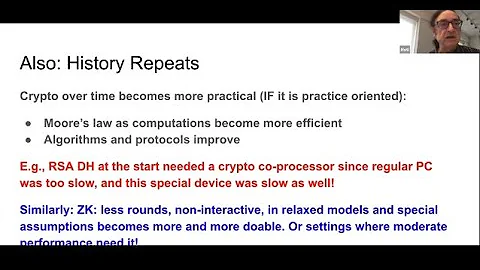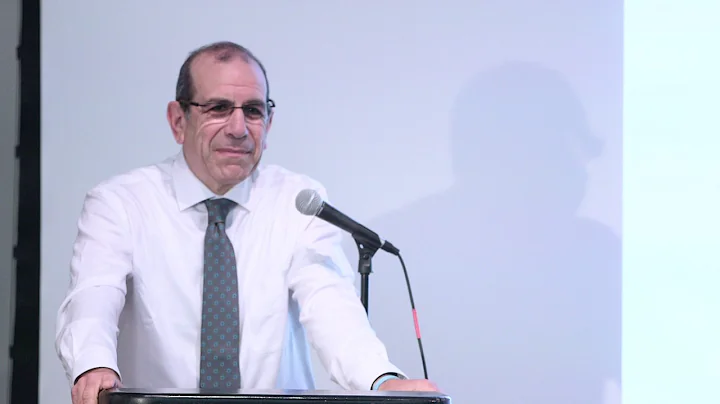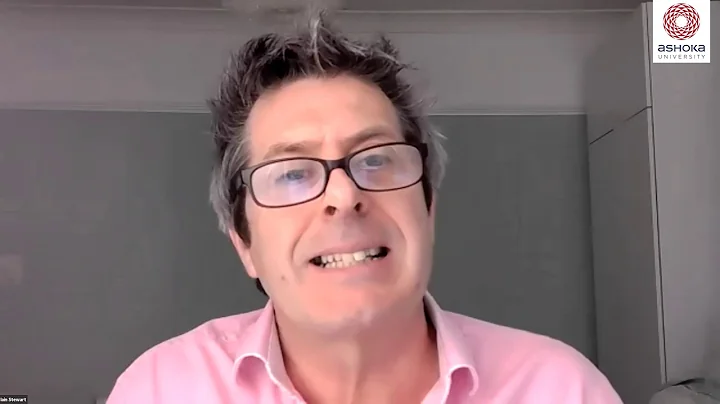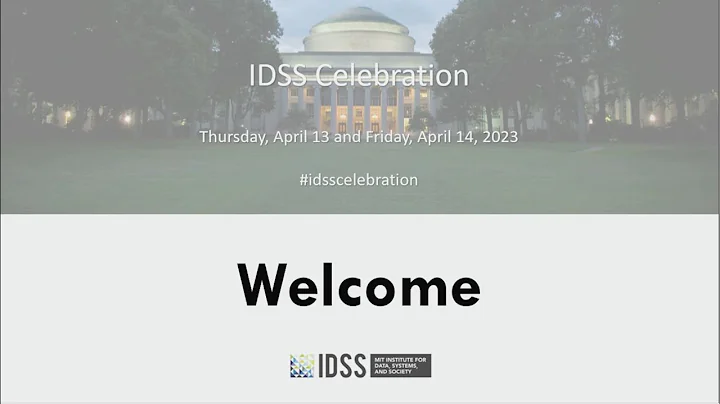Correctly grasp the leniency system for pleading guilty and accepting punishment
Attending a feast of ideas that gathers consensus and pools wisdom
- National governance modernization and
Side notes of the seminar on the leniency system for pleading guilty and accepting punishment
html Early in the morning on September 4, the Xiangshan Office District Lecture Hall of the Supreme People's Procuratorate The place was bustling with activity. Leaders, experts and scholars from legislation, judicial practice, and university scientific research institutions gathered together for this ideological feast - a seminar on the modernization of national governance and the leniency system for guilty pleas and punishments.At 8:15 am, there is still a quarter of an hour before the meeting starts, and the venue is already packed. Why should we implement a leniency system for guilty pleas and punishments? What are the “benefits” of implementing a leniency system for pleading guilty and accepting punishment? How to further improve the leniency system for pleading guilty and accepting punishment? This seminar, jointly organized by the Supreme People's Procuratorate and the China Criminal Procedure Law Research Association, attracted the attention of people in judicial practice and legal theory circles.

High position
The implementation of the system is gradually becoming stable and maturing
At the beginning of the meeting, Zhang Jun, Secretary of the Party Leadership Group of the Supreme People's Procuratorate and Chief Prosecutor, pointed out from a high position that practice has proved that the leniency system for guilty pleas and punishments is fully in line with the changes in the criminal structure of our country and the development of the criminal litigation system at this stage. It has effectively promoted the modernization of the national governance system and governance capabilities. It is a good system that demonstrates the will of the people and reflects the needs of the times.
After succinctly sorting out the process of the leniency system for plea guilty and punishment from pilot to gradual rollout, and finally into law and implementation to full rollout, as a representative of one of the organizers, Bian Jianlin, President of the China Criminal Procedure Law Research Association He said that this seminar will be guided by the goal of promoting the modernization of national governance, and will focus on in-depth exchanges and discussions on specific issues such as the value and function of the leniency system for guilty pleas and punishments, the leading responsibilities of the prosecutorial agencies, and sentencing recommendations.
In a day and a half of 10 hours, the seminar focused on the above-mentioned specific topics, including the modernization of national governance and the value and function of the leniency system for pleading guilty and accepting punishment, the protection of rights and interests of the leniency system for pleading guilty and accepting punishment, and the sentencing suggestions for the leniency system for pleading guilty and punishing 3 Carry out units. “The content of this seminar was very candid, in-depth, constructive and of high academic standard.” Many people who listened to the seminar told reporters.
In October 2018, the revised Criminal Procedure Law used 19 articles to specify the applicable conditions, handling procedures, and protection of the rights and interests of the parties involved in the leniency system for plea guilty and punishment.
“The system of leniency for guilty pleas and punishments plays an important role in separating complex cases from simple cases and optimizing the allocation of judicial resources, and has brought about major changes in litigation models and litigation concepts.” Gao Jinhong, member of the Party Leadership Group and Vice President of the Supreme People’s Court, pointed out in his speech that from According to courts across the country, since the full implementation of the leniency system for guilty pleas and punishments, the overall operation has been smooth and orderly, and remarkable results have been achieved in punishing crimes in accordance with the law, implementing the criminal policy of combining leniency with severity, promoting the separation of complex cases from simple cases, and promoting fairness and justice.
According to Liu Zhao, member of the Party Committee and Vice Minister of the Ministry of Public Security, this system fully embodies the spirit of respecting and protecting human rights. "The public security organs have promptly revised the "Procedural Regulations for the Handling of Criminal Cases by Public Security Organs" to clarify the public security organs' obligations to inform criminal suspects of their rights, the procedures for listening to opinions, ensuring that criminal suspects receive help from on-duty lawyers, and the work requirements for liaison with the procuratorate in litigation, etc. "
As an emerging system, is the established duty lawyer system functioning well? After Xiong Xuanguo, a member of the Party Leadership Group of the Ministry of Justice and Vice Minister, gave an affirmative answer at the seminar, he changed the subject and said, "But further improvement is needed in practice." He said: "For example, the connotation and positioning of duty lawyers as 'legal help' and the nature and responsibilities of lawyers' testimony need to be further clarified. In this regard, the Ministry of Justice will actively work with the Supreme Court, Supreme People's Procuratorate, Ministry of Public Security and other departments to further improve the duty lawyer system , promotes the transformation of duty lawyer legal assistance from 'tangible' to 'effective'."
" If the system of leniency for guilty pleas and punishment is viewed in the long history of the development of criminal proceedings in our country, it has actually brought about three major changes: the litigation model has changed from confrontation to collaboration; the litigation concept has changed from punitive litigation to restorative litigation. Judicial transformation; made a significant contribution to the theory of litigation subjects. Criminal suspects and defendants have changed from passive litigation subjects in the past to active litigation subjects. " said Yang Lixin, chief judge of the First Criminal Tribunal of the Supreme People's Court.
At the scene, many participants agreed that the implementation of the leniency system for guilty pleas and punishments is gradually becoming more and more stable and mature, which is consistent with the legislative, judicial practice departments and academia. The life of the system lies in its implementation, and the promotion of a high position presses the "accelerator button" for the comprehensive and effective implementation of the system of plea guilty and punishment.
Gathering consensus
Maintaining fairness and justice. Bottom line
"During the implementation of the leniency system for guilty pleas and punishments, some new situations and problems have been encountered in theory and practice. Everyone is very concerned and concerned..." Sun Qian, a member of the Supreme People's Procuratorate's Party Leadership Group and Deputy Prosecutor General, had just finished speaking and attended the meeting. The reporter turned their expectant eyes to Zhu Xiaoqing, the first deputy prosecutor general and director of the advisory committee of the Supreme People’s Procuratorate.
He started the conversation with the situation he had learned through many investigations: “At present, there is a leniency system for guilty pleas and punishments. The application rate, lawyer participation rate, sentencing recommendation adoption rate, and first-instance judgment compliance rate have all reached a high level. After using two "better" words to describe the implementation and effect of the system, Zhu Xiaoqing said: "This is a remarkable achievement." The next step is to implement the leniency system for those who plead guilty and accept punishment. While stabilizing a relatively high application rate and achieving full utilization, efforts should be made to improve the quality and effectiveness of the handling of guilty plea and punishment cases. Among them, the main criterion for improving quality is to maintain the bottom line of fairness and justice. "
The prosecution, defense and trial are the most basic tripartite structures in criminal courts. The reporter noticed that the quality of prosecution and defense negotiations was one of the issues mentioned by many participants in the seminar, and it is also one of the issues that affects the current leniency system for guilty pleas and punishments. A constraint on the application effect.
According to Hu Yunteng, a former full-time member of the Supreme People’s Court’s Review Committee and president of the Case Law Research Society of the my country Law Society, the sentencing recommendations in plea and punishment cases are not the unilateral will of the prosecution, but the prosecution and defense. The agreement reached by both parties also reflects the victim's appeal to a certain extent, and is an important manifestation of our country's criminal justice respect, protection of human rights and progress of civilization. The court's adoption of sentencing recommendations is essentially a respect for the agreement of the prosecution, defense and victim.
The more thorough the debate, the more it can condense the greatest "common denominator" of the rule of law. Some participants mentioned that since the implementation of the leniency system for pleading guilty and accepting punishment, there have been certain differences in understanding in the handling of some individual cases. For example, some people believe that pleading guilty and accepting punishment will be leniency. The system weakens the authority of the court.
“The application procedures of the leniency system for guilty pleas and punishment do not conflict with the substantive nature of court trials. On the contrary, they can simplify the trial of most cases, create conditions for careful and careful trials of a small number of major and difficult cases, and further reflect the essence of court trials. change. "Tian Wenchang, director of the Criminal Professional Committee of the All-China Lawyers Association, believes that the judge has the right to veto the outcome of the negotiation between the two parties. If it is found that the sentence is obviously too heavy or too light, or the conviction is obviously wrong, the judge has the right to resume ordinary procedures.
Many experts participating in the meeting had this opinion Worry: The voluntariness of criminal suspects and defendants to plead guilty is the cornerstone of the leniency system for confessing guilt and accepting punishment. Whether the prosecutors and criminal suspects and defendants have equal status will affect the voluntariness and authenticity of the guilty plea and punishment.
National People's Congress supervision and supervision. Li Shouwei, director of the Judicial Office of the Judicial Committee, said that for all parties, duty lawyers, and defense lawyers, the leniency system for guilty pleas and punishments gives them a greater say in the substantive handling of the case. “I found during previous research that no. Young criminal suspects and defendants welcome this system. They hope that the case will be resolved as soon as possible. Therefore, from the perspective of achieving fairness and justice, the system of admitting guilt and accepting punishment is of great value in making the people feel fairness and justice during the litigation process."
Bringing together wisdom
Value and function can last forever
As Prosecutor General Zhang Jun said in his opening speech, the more thorough the debate and discussion, the greater the "common divisor" of the rule of law can be condensed. So, how does the leniency system for guilty pleas and punishments condense? How to gather wisdom and strength? Let’s take a look at the “sparks” that emerged during the keynote speeches of the participants: “Explore the establishment of a mechanism for retired judges and prosecutors to provide legal aid services as national public defenders” and “Appropriately increase national finances.” budget base and enrich the case-handling funds of duty lawyers”... Regarding how to improve the duty lawyer system, on the morning of the 4th, a representative of the National People’s Congress, director of the Central Legal Committee of Jiusan Society, special supervisor of the Supreme People’s Procuratorate and the Supreme People’s Court, and chief partner of Beijing Xinli Law Firm Yan Jianguo expressed his thoughts, and these suggestions also won the approval of several participants.
In the afternoon, Sun Chunying, deputy director of the Public Legal Services Bureau of the Ministry of Justice, gave a keynote speech and said that he would study and formulate legal aid with relevant central units. Volunteer-related normative documents will be considered to encourage retired judges and prosecutors to participate in legal aid work as volunteers. In addition, the issue of subsidy disbursement will be coordinated to improve the service quality of on-duty lawyers.
In August 2014, the Standing Committee of the National People's Congress authorized Pilot programs for the reform of expedited criminal adjudication procedures were carried out in 18 regions in 14 provinces. Yan Maokun, the chief judge of the Trial Supervision Division of the Supreme People’s Court, was then the deputy chief judge of the First Criminal Division of the Supreme People’s Court and participated in the work related to the reform of expedited criminal adjudication procedures. “You can compare and plead guilty. The main content of the reform of the leniency system has actually begun to take shape in the reform of the criminal expedited sentencing procedure. The procuratorial organs have achieved good results in the practice of the leniency system for admitting guilt and accepting punishment. Of course, there will be some new problems. After all, the implementation of any system is not achieved overnight. "
Any system has different perspectives to observe it. According to Zhang Jianwei, a professor at Tsinghua University Law School, in addition to political and judicial values, the system of leniency for guilty pleas and punishments also has cultural value. "'He' can be said to be the symbol of our traditional culture. One of the important values. From the perspective of cultural effects, the leniency system for guilty pleas and punishment is consistent with the characteristics of our country's "harmony" culture. "
In the seminar, there was another in-depth discussion that took place "on paper". Awarding to the representatives of the authors of the winning papers in the theoretical and practical research on the leniency system for guilty pleas and punishments is an important part of this seminar 1. In order to strengthen the theoretical research and practical discussion on the leniency system for pleading guilty and accepting punishment, the First Procuratorate of the Supreme People's Procuratorate and the Procuratorate Daily jointly launched an essay collection activity from April to July this year, which received support from the legal theoretical circles and judicial practice circles. Positive response.
Open the page containing 70 award-winning papers, and you can see different authors’ different thoughts on the leniency system for guilty pleas and punishments. Just like in this lively seminar, there is a "I happen to be concerned about the issues you are concerned about." A tacit understanding of "thinking about it" is formed among each participant. Even if they have different opinions on the same issue, through the "bridge" of discussion and exchange, some differences in understanding will be clarified, clearer ideas can be sorted out, and some Recognition (Author: Shi Zhaokun Picture: Cheng Ding Yanzhao)





















